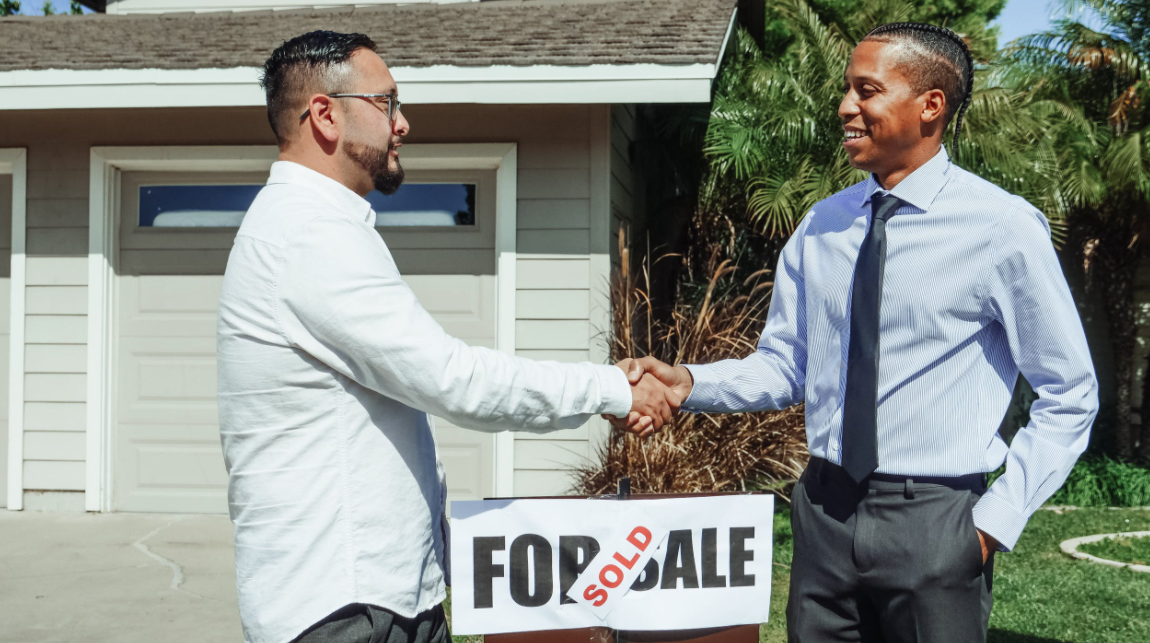Sober living homes have long enjoyed very little in the way of oversight and regulation in the United States - for better and for worse. However, as sober living homes continue to proliferate throughout the country, we’re beginning to see an uptick in regulation in many states.
Although sober living homes, which serve a protected class of residents, often enjoy special rights under FHA and ADA laws, some of these newer state and local regulations are beginning to challenge the traditional protections afforded to sober living homes under these federal provisions.
Today, we’ll look at all of the recent developments in sober living home regulation across the United States - from licensing requirements, to voluntary certifications, referral restrictions. In Part 2, we’ll discuss state funding limitations and local restrictions enforced at the city and county level.
Why Do Some States, Cities and Counties Want to Regulate Sober Living Homes?
The motivations behind these regulations are complex.
Some areas of the country are inundated with a dense number of sober living homes. Sober living homes frequently struggle with good neighbor relationships and NIMBYism. A small number of unethically managed sober living homes continue to engage - either directly or indirectly - in patient brokering. Some regulations come from within the sober living home community itself.
In large part, because of a few bad actors, well-meaning sober living home operators now face extra hurdles to building a healthy business model designed to support people in recovery. For sober living home operators and those looking to get started in the sober living home business, tracking the ever-changing patchwork of laws and regulations that affect sober living homes can feel overwhelming. This is especially true when laws and regulations are subject to change with short notice.
So Far, Only Three States Have Imposed Licensing Requirements for Sober Living Homes
The first state to require mandatory licensing for all sober living homes was Utah, in 2014.
New Jersey followed in 2018, requiring sober living homes to register for a “Cooperative Sober Living Residence License” with New Jersey’s State Department of Community Affairs. Any home found operating without a license is subject to a $5000 fine.
In 2020, Arizona began requiring sober living homes to register for licenses, as well.
NARR’s Voluntary Certification Model for Sober Living Homes Has Been Adopted in Many States
While only three states have imposed mandatory licensing requirements for sober living homes, seven other states have begun voluntary certification programs for sober living homes.
These states include: Florida, Maryland, Massachusetts, Missouri, Rhode Island, Pennsylvania and Illinois.
The National Association of Recovery Residences established the voluntary certification model that inspired these states to follow suit. NARR developed the national standards that many of these states use in their voluntary licensing programs.
Florida Goes a Step Further and Restricts Referral Relationships Between Sober Living Homes and Addiction Treatment Providers
In 2015, Florida Governor, Rick Scott, passed a law that states that addiction treatment centers may only make referrals to sober living homes that participate in the state’s voluntary certification program. Addiction treatment centers that make referrals to non-participating sober living homes can face stiff penalties. This law was specifically designed to regulate the “Florida model” of treatment and curb a specific form of insurance fraud/human trafficking called the “Florida Shuffle.”
Florida sober living homes are also monitored by a dedicated group of lawmakers and stakeholders in the state, called the Sober Homes Task Force, for insurance fraud and abuse. This task force plays a role in shaping legislation for the regulation of sober living homes in Florida.
Run a Sober Living Home? We’re Here to Help
Sober Living App makes it easier - and more profitable - to operate sober living homes.
Our all-in-one app handles rent collection, admissions, property management, residents’ care coordination, community contacts, alumni and more - all from the convenience of your phone. (And, yes, computers, too!)
Sober Living App is intuitive and easy to use. No learning curve. No “super-users.” Just open it up and start using it right away.
Claim your free trial today and see why more sober living homes prefer the Sober Living App.






